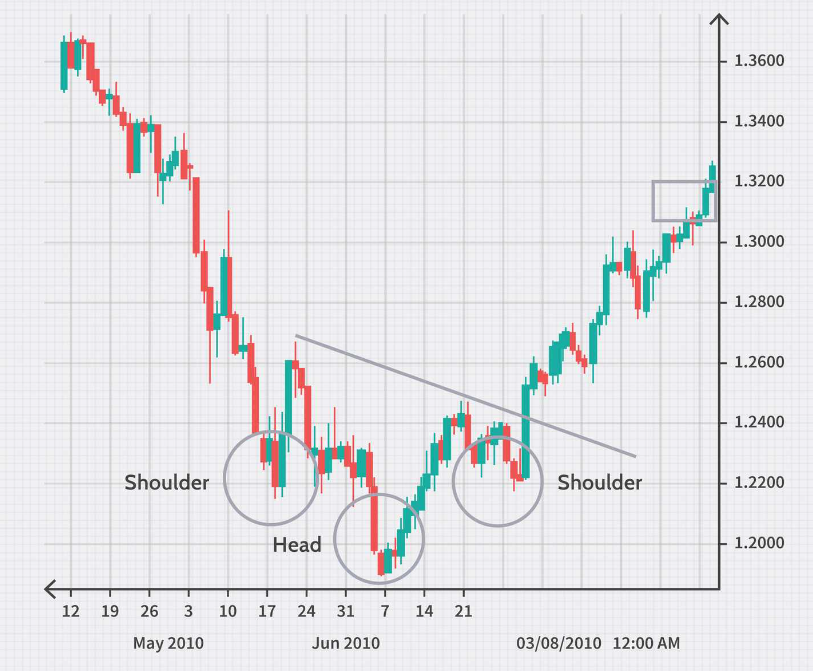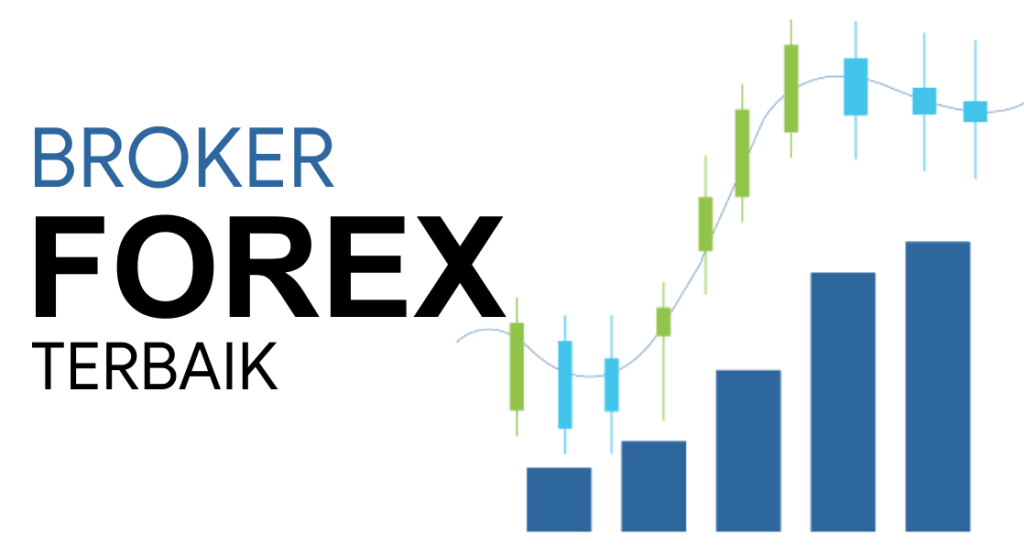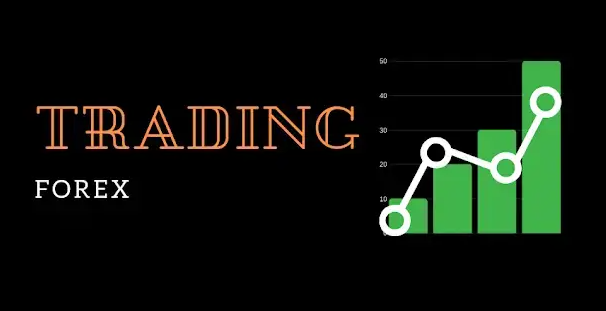In its simplest form, a forex graph or chart is a graphical representation of the exchange rate between two currencies over a given period. Forex graphs are a crucial tool for traders in the foreign exchange market as they provide a visual representation of market activity. The ability to read and understand forex graphs is a key skill that any forex trader needs to acquire.
Forex graphs usually have the price on the vertical axis and time on the horizontal axis. They come in various types, such as line charts, bar charts, and candlestick charts, each with its own strengths and specific uses.
Types of Forex Graphs
As mentioned earlier, there are several types of forex graphs, each offering different insights into market activity. Here are the three most common types:
- Line Charts: These are the simplest type of chart and consist of a line drawn from one closing price to the next. They provide a good visual representation of the overall market trend.
- Bar Charts: These charts provide more detail than line charts as they display the opening price, the closing price.
- Candlestick Charts: These charts provide the same information as bar charts but in a more graphical format that provides a more detailed.
Reading a Forex Graph
Understanding how to read a forex graph is crucial for trading success. The vertical axis represents the price while the horizontal axis represents time. In a candlestick chart, for instance, each ‘candle’ represents a specific time period and shows the opening, closing.
The ‘body’ of the candle represents the range between the opening and closing prices, while the ‘wicks’ or ‘shadows’ represent the high and low prices. A filled (or colored) body means the closing price was lower than the opening price (a bearish period).
If you’re new to Forex Trading
Forex trading, it’s a good idea to start by learning how to read line charts, the simplest type of forex graph. As you gain more experience and confidence.
There are many online resources available that can help you improve your chart-reading skills. Practice is also key: the more you work with forex graphs, the more comfortable you’ll become in interpreting them.
Final Thoughts
Learning to understand a forex graph is one of the most important skills a forex trader can develop. While it may seem daunting at first, with time and practice, you’ll be able to use forex graphs to spot trends, make predictions, and execute trades with confidence.
Remember, forex trading involves risk, and it’s important to understand this before diving in. Use forex graphs as a tool to help manage that risk, not as a guarantee of success.
Conclusion and Suggestions
Overall, a forex graph is a fundamental tool in forex trading. It allows traders to visualize market trends, identify potential trading opportunities, and make informed trading decisions. However, it’s important to remember that while forex graphs can provide a lot of information, they don’t predict the future. They should be used in conjunction with other tools and analysis techniques.







